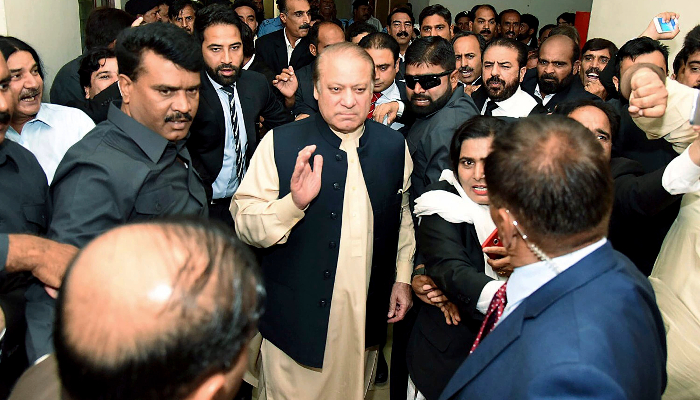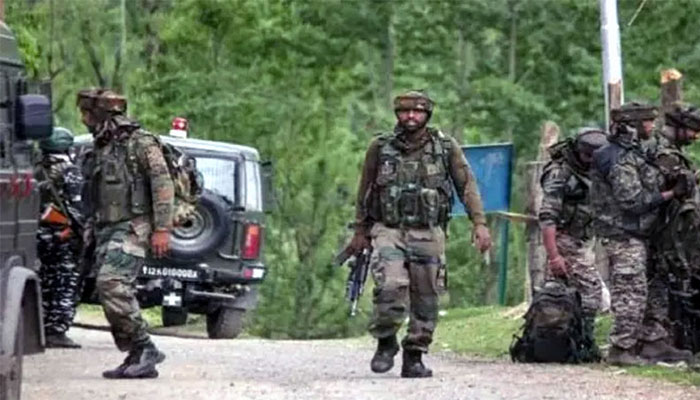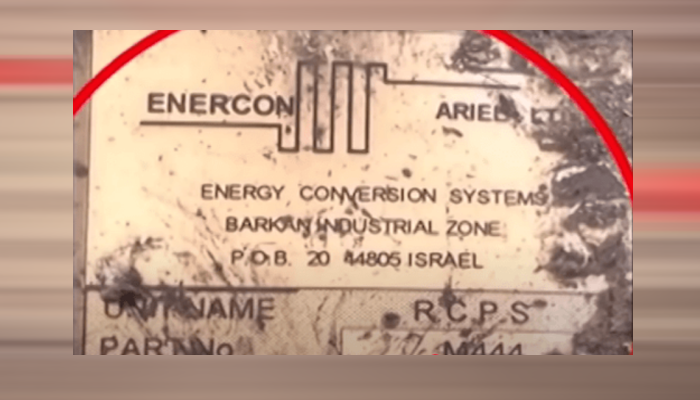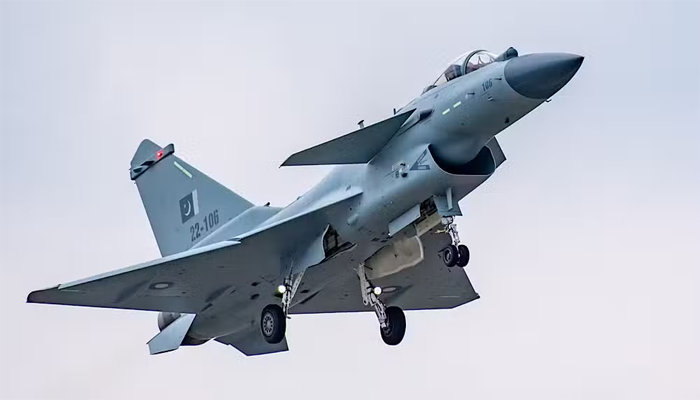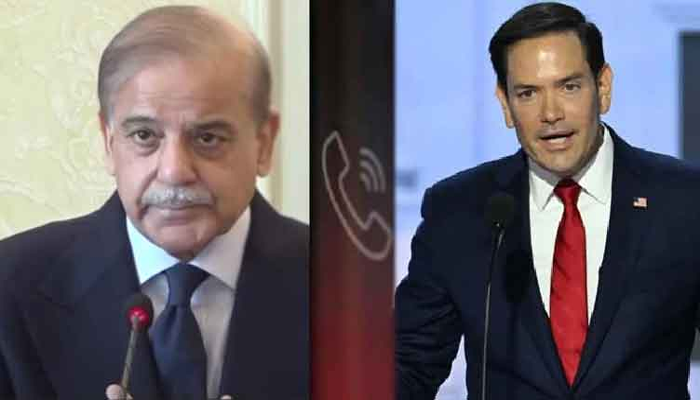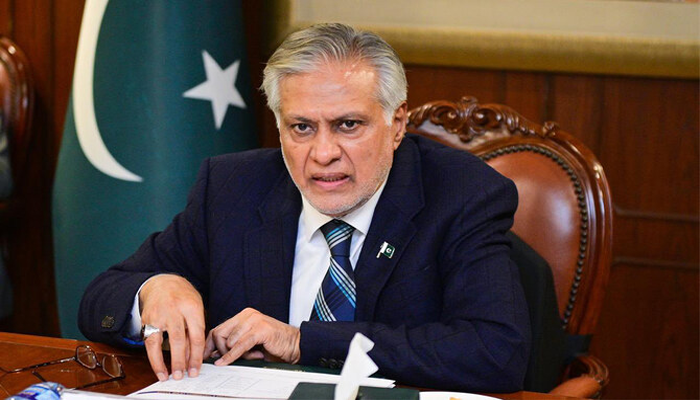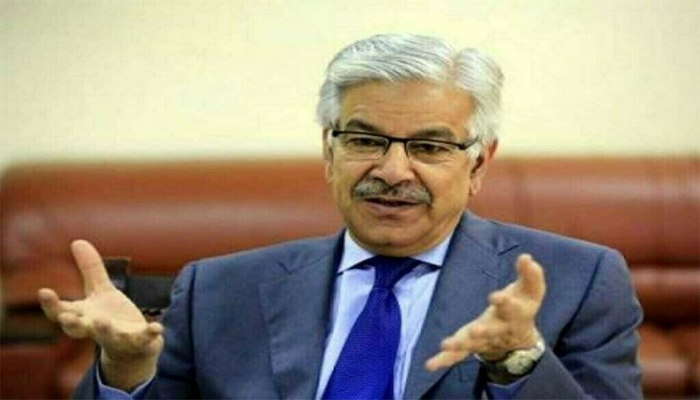An Islamabad court has reserved its verdict on whether or not to suspend Nawaz Sharif's arrest warrant in the Toshakhana case. Sharif is returning to Pakistan on Saturday after four years in self-imposed exile, and his lawyers have asked the court to grant him protective bail to prevent his arrest.
Sharif's lawyer, Qazi Misbah, told the court that his client wants to appear in court on the next hearing date, which is October 24. He said that Sharif was unwell when the previous hearing took place, but he has now recovered and is ready to face the court.
The National Accountability Bureau (NAB) prosecutor, who filed the Toshakhana reference against Sharif, did not object to the request for protective bail. He said that the purpose of an arrest warrant is to ensure that the accused appears in court, and Sharif has now given an undertaking to do so.
The judge also asked about the status of the other accused in the case, including former president Asif Ali Zardari. The lawyers told the court that no arrests have been made so far in connection with the case.
The IHC has already issued a notice to NAB on Sharif's petitions seeking protective bail in the Al-Azizia and Avenfield references.
Convictions and court orders
Sharif was convicted in the Avenfield and Al-Azizia Steel Mills references in 2018 and sentenced to prison. He challenged the convictions in the high court, which suspended his sentence. However, he fled to London for medical treatment and did not return to Pakistan to pursue the appeals.
The IHC eventually dismissed the appeals on technical grounds, and Sharif was declared a proclaimed offender. However, the court noted that Sharif could file an appeal against the sentence again upon his return to Pakistan.
In summary, the Islamabad court is considering whether or not to grant Nawaz Sharif protective bail to prevent his arrest in the Toshakhana case. Sharif is returning to Pakistan on Saturday after four years in self-imposed exile, and he has given an undertaking to appear in court on the next hearing date.

